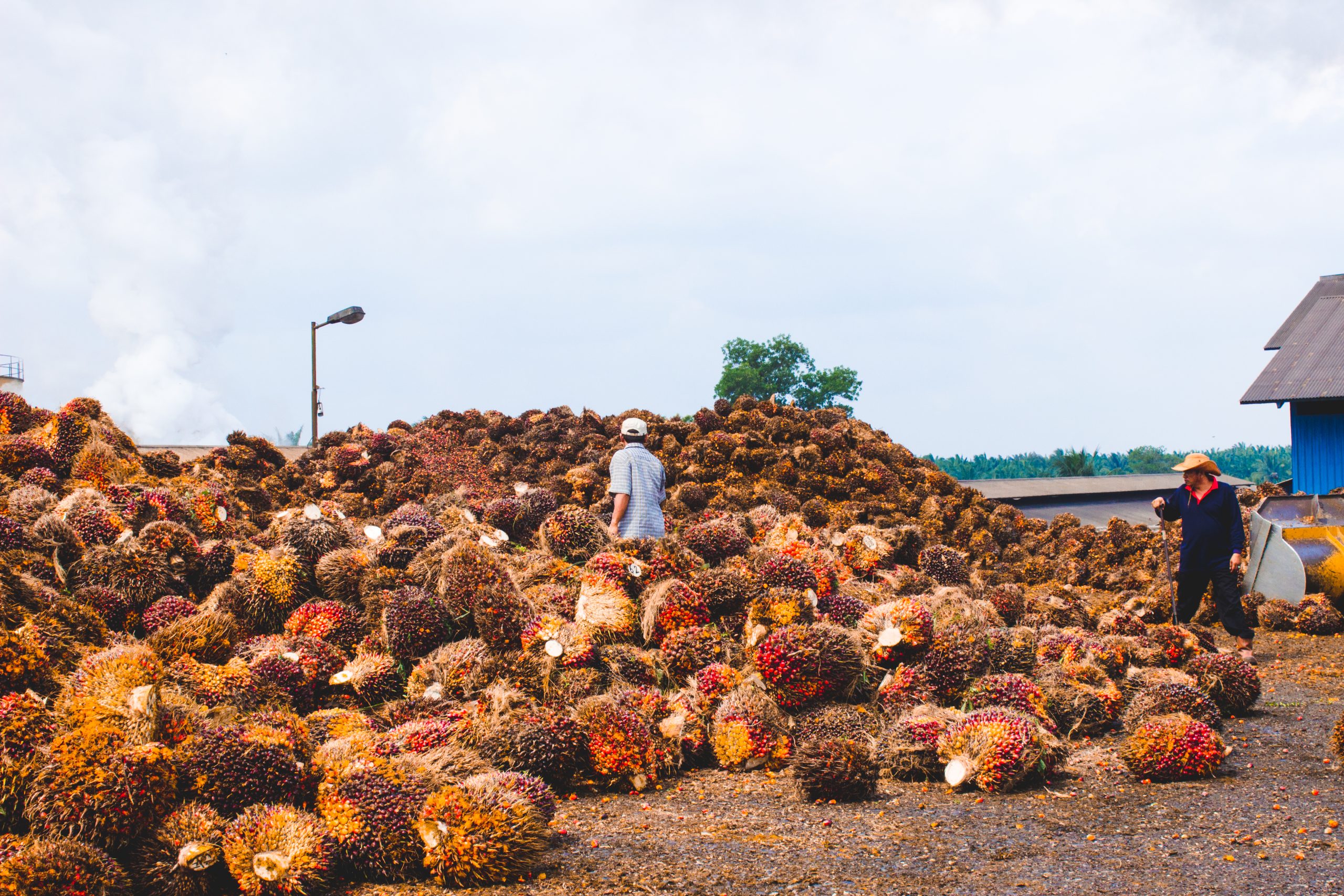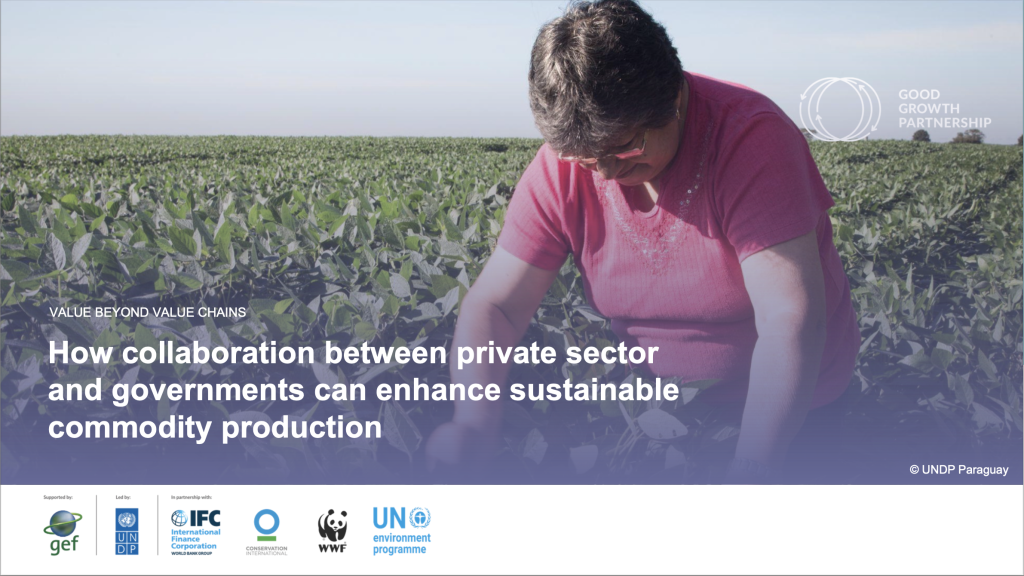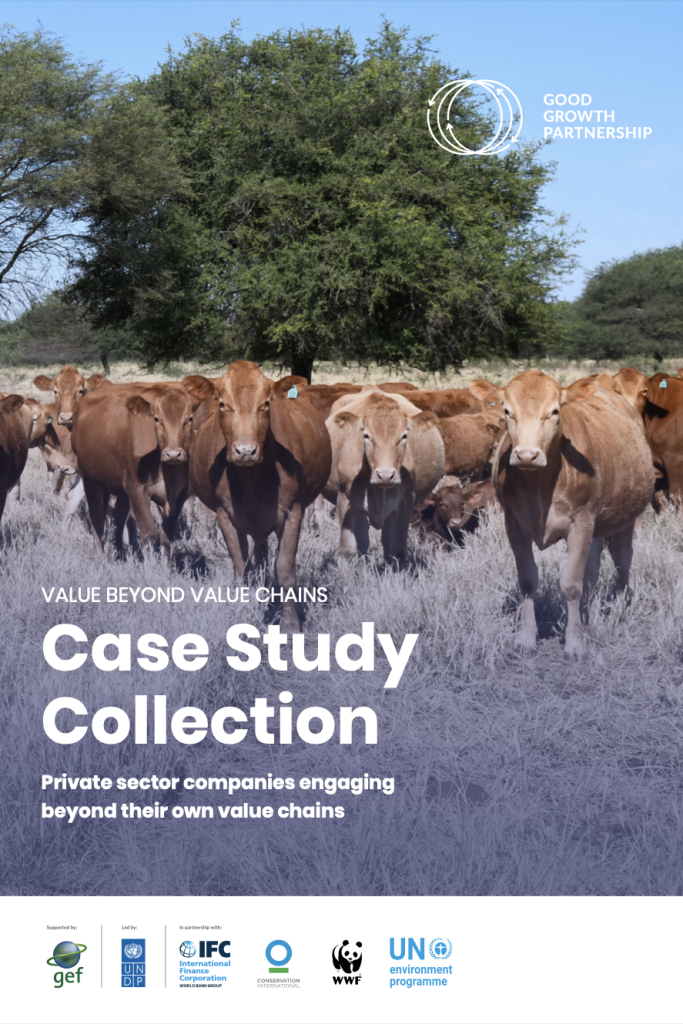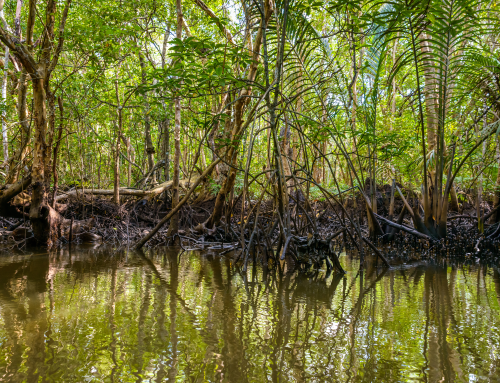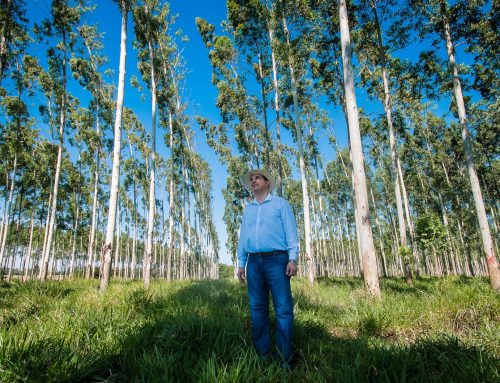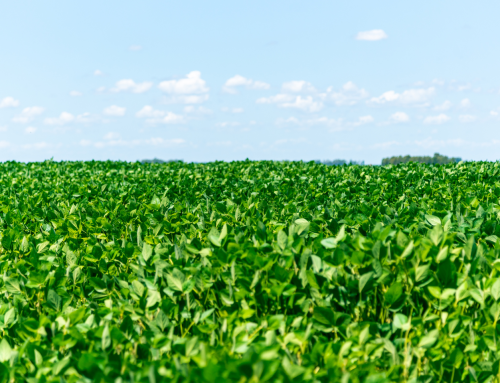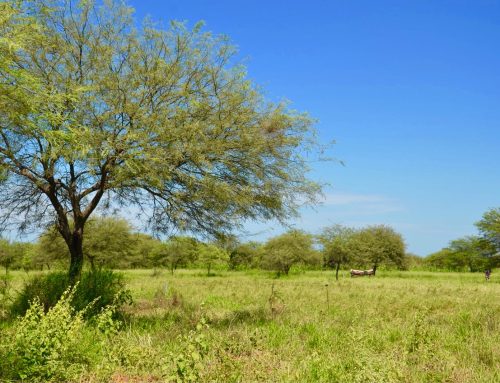As the World Bank Commodity Markets Outlook states, food insecurity and inflation will continue at least until 2024. Record high prices impacting on hunger and malnutrition are some of the signs highlighting the need for the urgent transformation of food systems that the UNDP Good Growth Partnership (GGP) has advocated for in the last half decade.
But how to foster change in the current global crisis?
The New York Declaration on Forests and other initiatives pushed companies to make commitments on sustainable commodity supply chains. Despite these efforts, it is clear that individual actions, working in silos, are not enough. Companies working with governments at various levels to create enabling conditions for the right policies, laws and incentives has been found to be the best strategy to develop the right context for sustainable agricultural production.
After half a decade of piloting the Integrated Approach to reduce deforestation from palm oil, beef and soy supply chains, the Global Environment Facility funded Good Growth Partnership is keen to pass on what has been learned to other commodity sustainability programmes.
Many lessons can be extracted from the 5-year implementation of the Partnership. One of the most important is that collaboration between businesses and government is the only path forward to generate change in the long-term.
The just-released GGP Value Beyond Value Chains (VBV) products including a case study report setting out experiences from private sector companies and a library of slides explaining the rationale and providing guidance to private sector companies to engage in multi-stakeholder collaboration processes – prove the point.
Through the progress achieved by the National Action Plan for Sustainable Palm Oil in Indonesia, the National Oil Palm Platform of Liberia, the Cocoa & Forests Initiative (CFI) in Côte d’Ivoire and Ghana, the Produce-Conserve-Include initiative in Mato Grosso, Brazil or SourceUp in Vietnam, all included in the Collection, the central role that businesses can play in the fight against deforestation is emphasised.
Multi-stakeholder collaboration is underlined as an effective tool to foster sustainable commodity production in all these case studies. Initiatives such as the Soft Commodities Forum and the work of COFCO and the International Finance Corporation, in the Cerrado biome in Brazil, together with the Musim Mas capacity building efforts involving independent smallholders in Indonesia are inspirational examples.
These case studies are backed up by a guidance tool kit that will support private sector and financial actors who will see the benefits of engaging with governments through national, jurisdictional and landscape approaches. This library of slides explains the rationale for why companies need to think about collaboration with governments and how they can go about it. The slide deck is designed as a practical tool that can be used and adapted by practitioners as they wish to help them communicate these key messages.
Supply Chain transformation is a long-term process, but right now urgent solutions are needed not only to address the current disruptions in the global food system but also to prevent future crises. This is highlighted by the UNDP’s Vision for FACS 2030. As UNDP Global Head of the Food and Agricultural Commodity Systems, Andrew Bovarnick, says
“All the actors in the food system – from smallholder farmers to processors, investors, governments, traders, manufacturers, brands, retailers and consumers – need to commit to be actively involved and collaborate.”
Both the Case Studies Collection and the guidance toolkit presented in the Publication section support that purpose: to inspire, to guide, and, furthermore, to get all key actors on board in the efforts to transform food systems.
We invite you to join us in our efforts to support private sector action for sustainable commodity production. Whether you are a private sector actor, government representative, civil society, donor, international organization or academia, please reach out to christina.archer@undp.org if you would like to explore collaboration on how to accelerate food systems transformation.
Click on the images bellow to access the VBV Case Study Collection and editable guidance toolkit.

